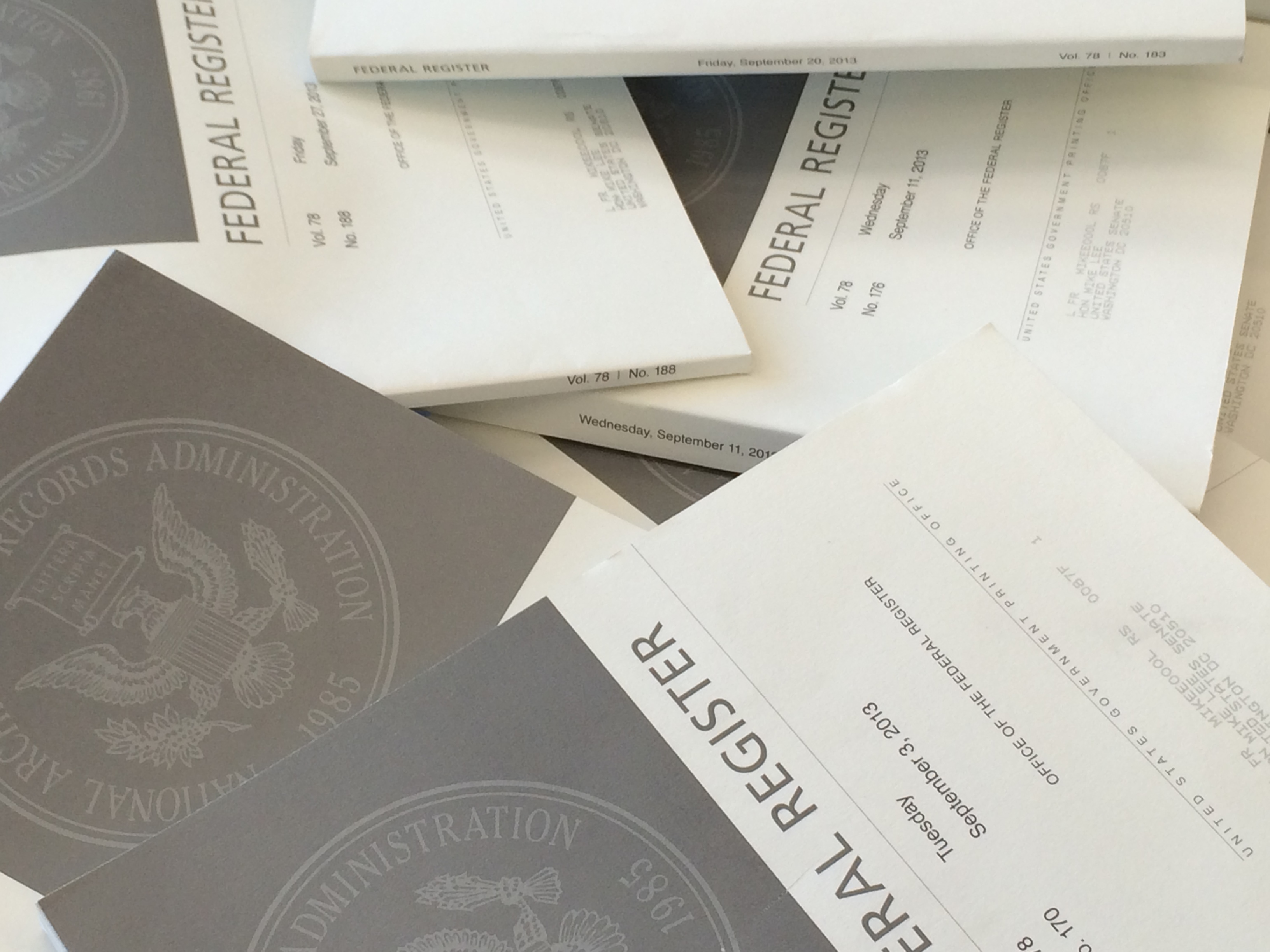How to Put Parents Back in Control of Their Child’s Education
Jan 29, 2015
By giving parents more power to invest in their child’s education and to choose what school best meets their needs, the Enhancing Educational Opportunities for All Act takes an important step toward restoring accountability to our public education system—something that has been missing for far too long.
Update Privacy Laws for the Digital Age
Jan 28, 2015
Americans routinely are bombarded with news stories about invasive new surveillance technologies. But Congress has yet to pass even the most basic legislation on the issue: a bill to ensure that law-enforcement agents cannot read Americans' private e-mails without search warrants.
Lee Statement on Protecting Religious Liberties
Jan 27, 2015
Discrimination and intolerance of any kind are unacceptable and all Americans should be afforded protection under the law. And within the law, we can find the appropriate balance that respects all views while protecting fundamental liberties.
Tax reform shouldn't penalize single-worker families
Jan 27, 2015
If you’ve been following national politics lately, you might have noticed the two political parties seem to have found some common ground. Almost everyone in Washington today is talking about the same thing: helping America’s working and middle-class families.
Regulatory Reform
Jan 26, 2015

The regulatory state affects us all in different ways, but it truly does affect us all – some for the better and some for the worse. I invite you to join me in an effort to reform our regulatory state.
Lee to Chair Antitrust Subcommittee, Klobuchar Will be Ranking Member
Jan 26, 2015
Today, Senator Mike Lee announced that he will chair the Senate Judiciary Subcommittee on Antitrust, Competition Policy, and Consumer Rights, with Senator Amy Klobuchar (D-MN) as the Ranking Member.
Reunify. Reconnect. Restore.
Jan 23, 2015
As Republicans reflect on what to do with our largest congressional majority since 1929, we must ask ourselves: how did we get here, and what must be done to get to where we want to be?
Work-Life Balance
Jan 23, 2015
Finding an acceptable and sustainable work-life balance is a constant challenge for many working families today. Parents need to juggle the responsibilities and opportunities that come with pursuing a career, maintaining a home, raising kids, and engaging in the community. For working parents, time is often their most precious commodity. But our current federal labor laws unfairly restrict the way moms and dads and everyone else can use their time.
Lee Fights Red Tape on Federal Lands
Jan 23, 2015
WASHINGTON – Senator Mike Lee offered an amendment that would make federal permitting for oil and gas development more efficient and force the Bureau of Land Management to follow current law requiring all applications to be approved or deniedyapplications within 30 days. Lee said there is no justifiable reason for delays amounting to hundreds of days and that his bill, and the greater certainty it would bring, would improve economic and national security.
Lee, McConnell Introduce Comp-Time Bill to Help Working Families
Jan 22, 2015
WASHINGTON – Today, Senator Mike Lee and Majority Leader Mitch McConnell introduced a bill to help workers handle the constant challenge of work-life balance by allowing all individuals who work overtime to choose between monetary compensation or comp-time. The “Working Family Flexibility Act” would free workers to choose the best way to alleviate the difficulties of juggling work, home, kids, and community. Rep. Martha Roby of Alabama has introduced a companion bill in the House.
